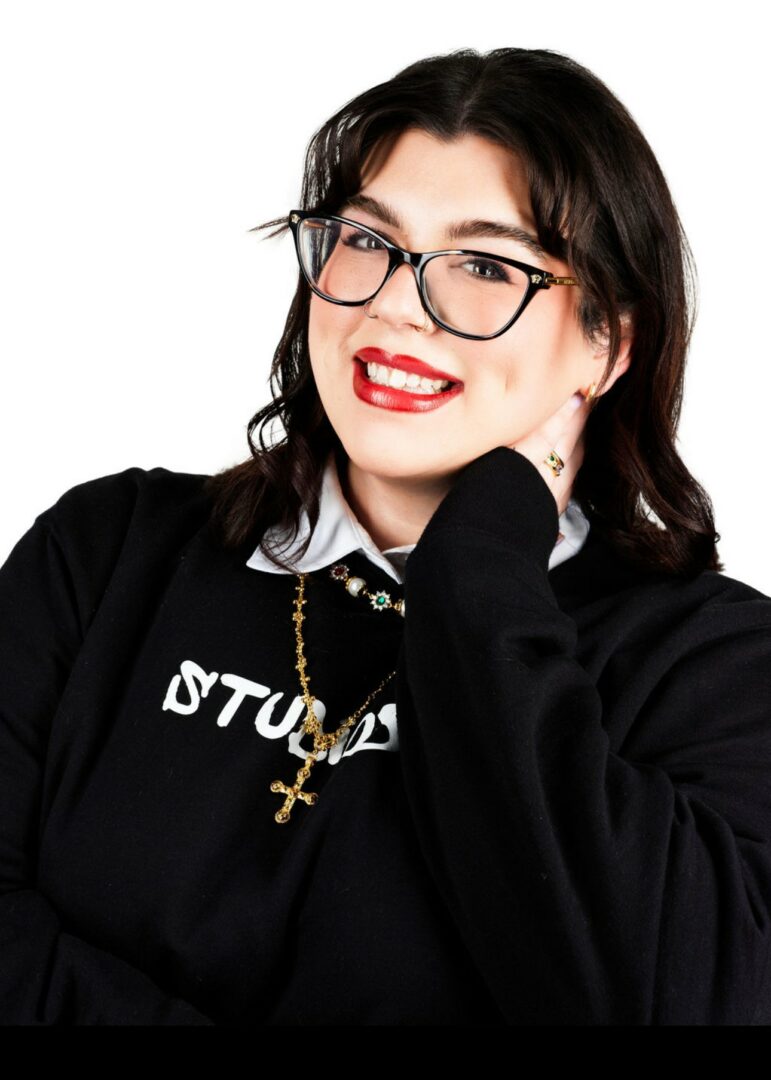We’re looking forward to introducing you to Kayla Jones. Check out our conversation below.
Good morning Kayla , it’s such a great way to kick off the day – I think our readers will love hearing your stories, experiences and about how you think about life and work. Let’s jump right in? What makes you lose track of time—and find yourself again?
I tend to lose track of time when I’m fully immersed in creative work—whether that’s doing makeup, capturing and editing photography, or designing something visually engaging. Those activities put me in a flow state where I’m not thinking about the clock, I’m just creating. I also find myself again in the connections I build, both in my personal relationships and with clients, because authentic interaction really grounds me. Outside of work, I reset through music, time with friends/family, and small wellness rituals, which give me space to pause and reconnect with my energy. Altogether, those moments are where I lose track of time but also feel most aligned with myself.
Can you briefly introduce yourself and share what makes you or your brand unique?
I’m Kayla Jones, a makeup artist, esthetician, and founder of Kayla MUA Beauty, a cruelty-free and all-inclusive beauty line. I’ve been in the industry for over 10 years, and what’s always inspired me is the way beauty can empower people and tell a story. Alongside that, I co-run Studio8 Creative Media Studio, where we bring makeup, photography, and videography together to create full creative experiences. My journey hasn’t always been easy—I’ve faced my share of challenges—but those moments pushed me to grow, stay creative, and find new ways to connect with others. What makes my work special is the blend of artistry and heart; whether I’m curating a product, glamming a bride, or capturing a moment behind the camera, it’s all about making people feel seen, celebrated, and confident. Right now, I’m focused on expanding my brand, growing my product line, and continuing to build spaces where people can express themselves freely and feel their very best.
Thanks for sharing that. Would love to go back in time and hear about how your past might have impacted who you are today. Who were you before the world told you who you had to be?
Before the world told me who I had to be, I was a curious, outgoing little girl who loved to entertain, use her imagination, and lift others’ spirits. I was the big sister who wanted to nurture and inspire, the hopeless romantic who believed in love stories, and the creative soul who would spend hours playing with makeup, fashion, and a camera. But there were also times I didn’t feel confident—times I felt different from others and questioned if I truly belonged. What’s carried me through is my dedication to honoring that little girl, even when she didn’t always feel deserving. I’ve learned to keep trying, to keep growing, and to keep choosing self-acceptance. My journey has been about loving that version of myself and allowing her to be seen for who she really is at her core—curious, creative, passionate, hopeful, and full of love.
When did you stop hiding your pain and start using it as power?
I stopped hiding my pain and started using it as power when I realized that the things I struggled with—my insecurities, my challenges, even my health journey with PCOS—weren’t setbacks, they were part of my story. For a long time, I felt the pressure of being a woman in a world that often expects perfection, and there were moments when that felt isolating. But instead of keeping it hidden, I chose to use it as fuel. I feel a strong duty to represent young women and women who experience these same things, because if it isn’t being represented, it can feel very lonely. Through my artistry and my platform, I get to interface with so many people, and I see that as an opportunity to not only create beauty, but also spread awareness and empower others to embrace themselves fully. That shift—turning my pain into purpose—has been one of the most powerful parts of my journey.
Alright, so if you are open to it, let’s explore some philosophical questions that touch on your values and worldview. Is the public version of you the real you?
The public version of me is real, but it’s not all of me. What people see through my artistry and my brand is authentic—I genuinely love creating, connecting, and uplifting others. But like anyone, I also have sides that are quieter, more vulnerable, and sometimes unsure. I’ve learned not to hide those parts, but they’re not always what the world gets to see first. For me, it’s about balance: showing up authentically while still protecting pieces of myself that need care and privacy. I think it’s important for women, especially young women, to see that it’s okay to have both—that you can be strong and successful while still having moments of doubt or softness. The more I embrace all parts of myself, the more I hope others feel permission to do the same.
Before we go, we’d love to hear your thoughts on some longer-run, legacy type questions. What do you understand deeply that most people don’t?
I’ve learned that confidence isn’t something people are just born with—it’s something you build and rebuild over time. A lot of people look at the polished version and think it comes easy, but really it’s about showing up even when you don’t feel ready and learning to accept yourself as you are. I see it with my clients too—sometimes they sit in my chair feeling unsure, and by the end something shifts when they see themselves in a new light. That’s when I’m reminded that confidence can always be created, and that’s what makes it so powerful.
Contact Info:
- Website: https://kaylamua.co/
- Instagram: https://www.instagram.com/muakaylaj?igsh=ZGFvdzRmZnBxbmZp&utm_source=qr
- Facebook: https://www.facebook.com/share/1EPv5C7D27/?mibextid=wwXIfr
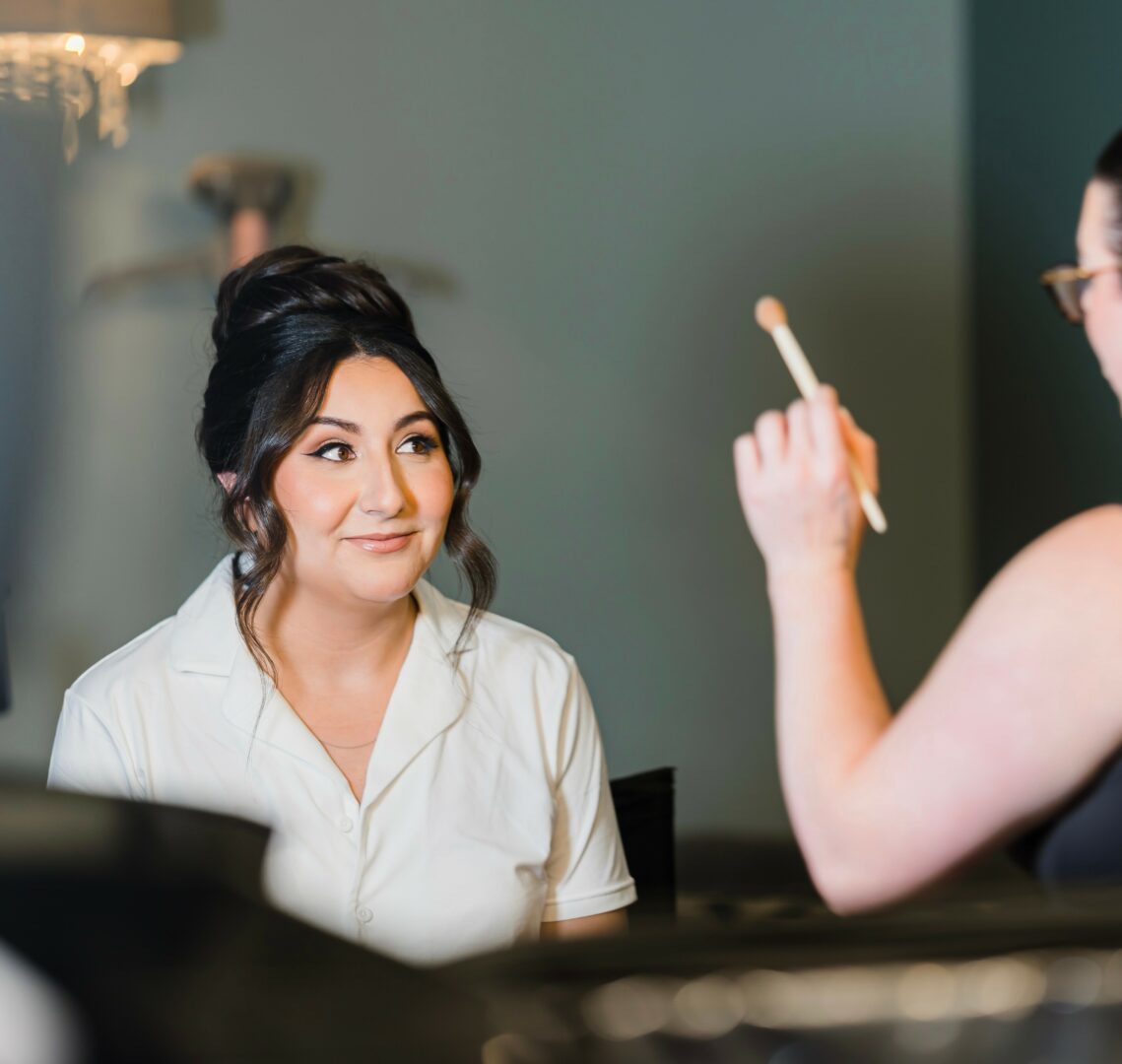
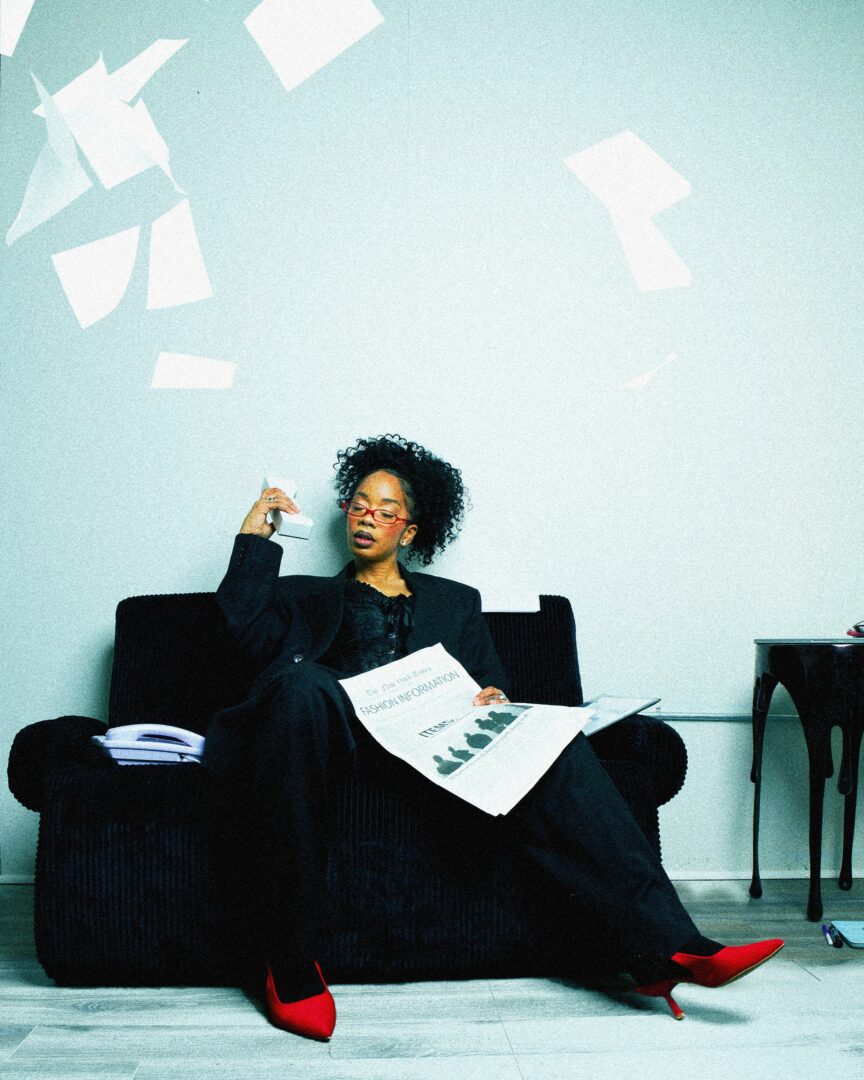
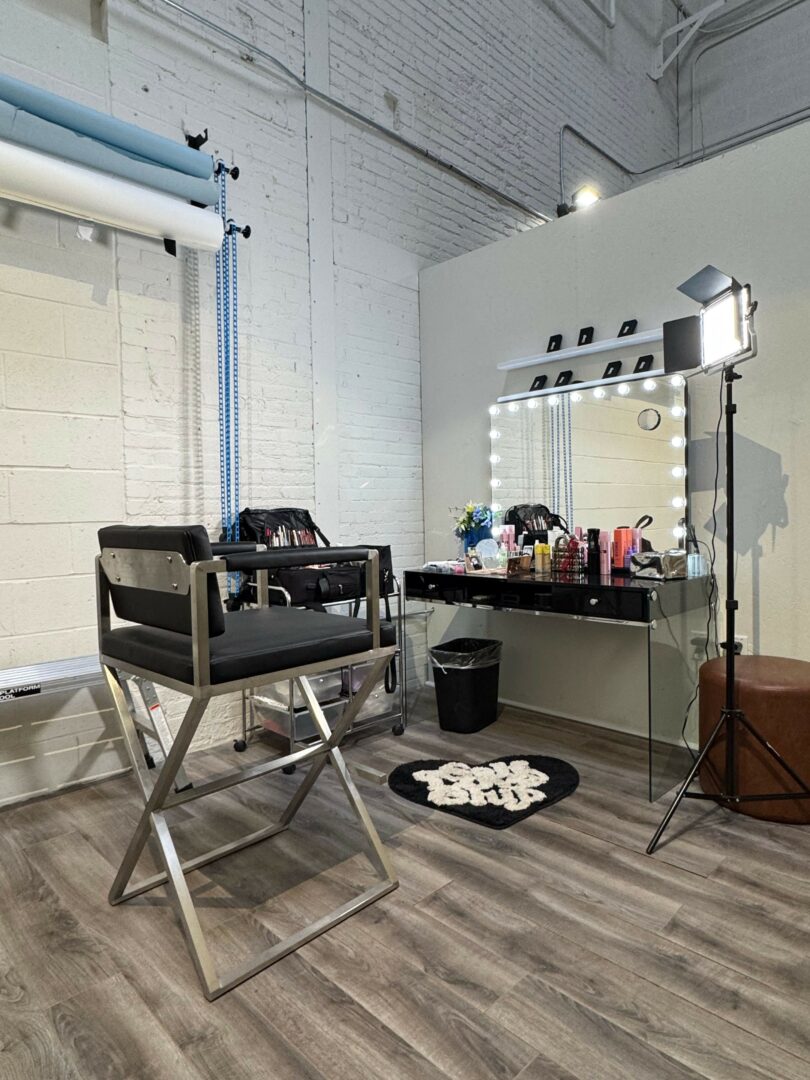
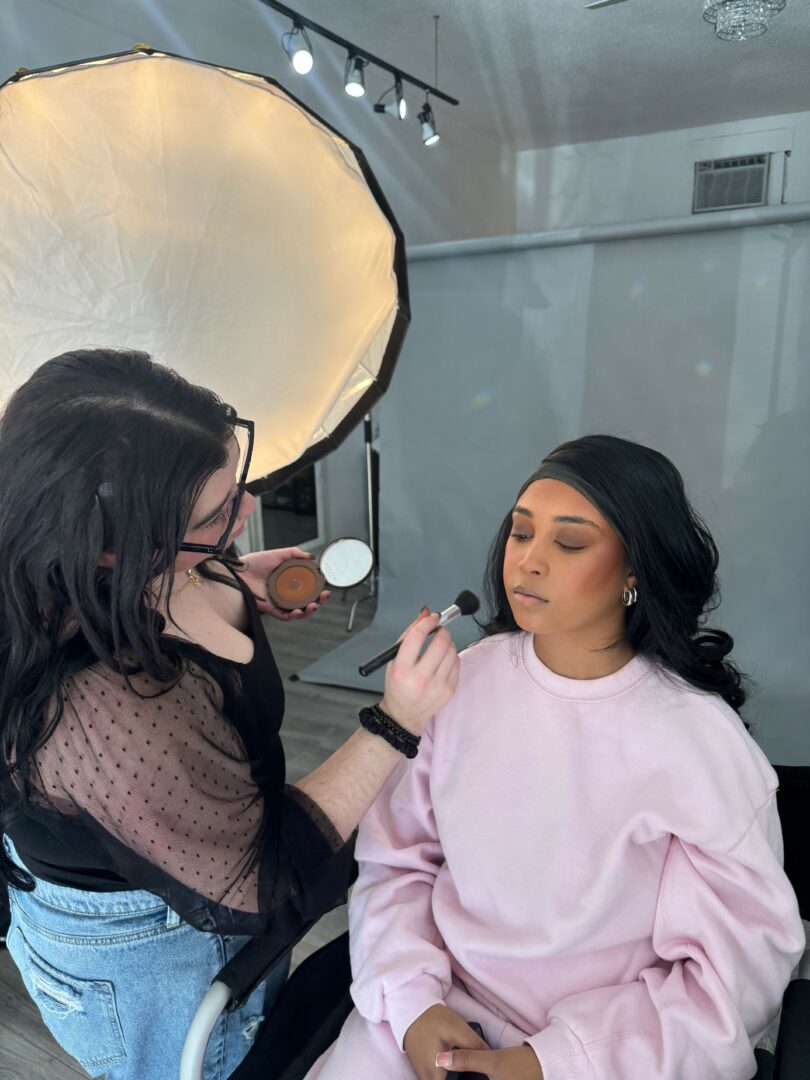
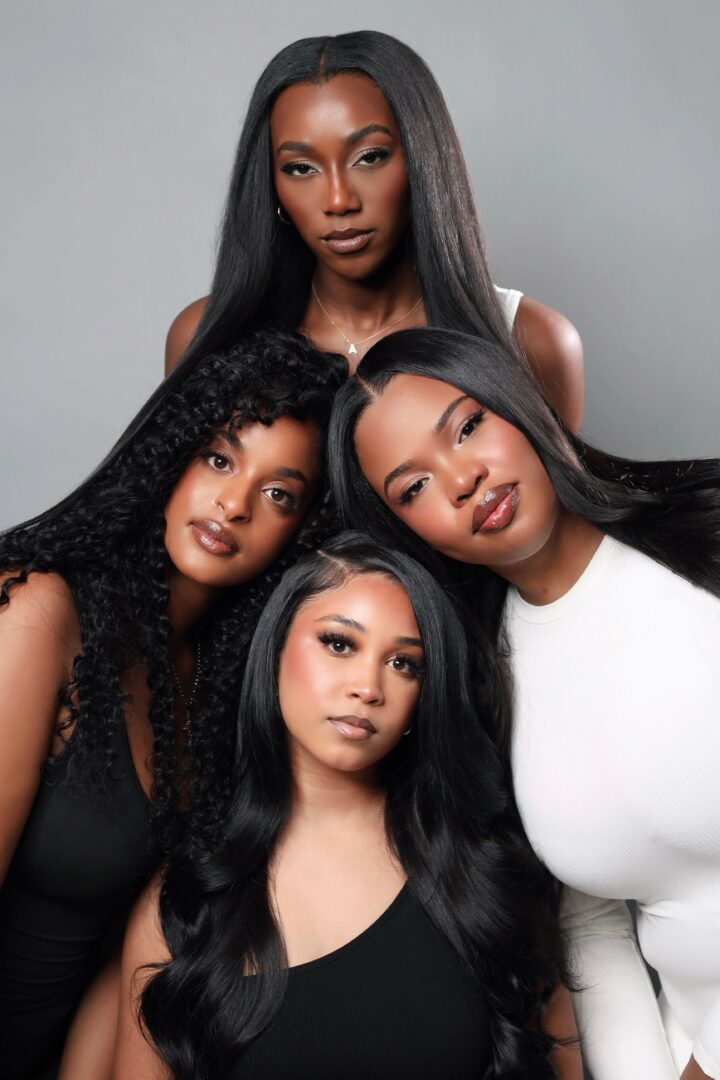
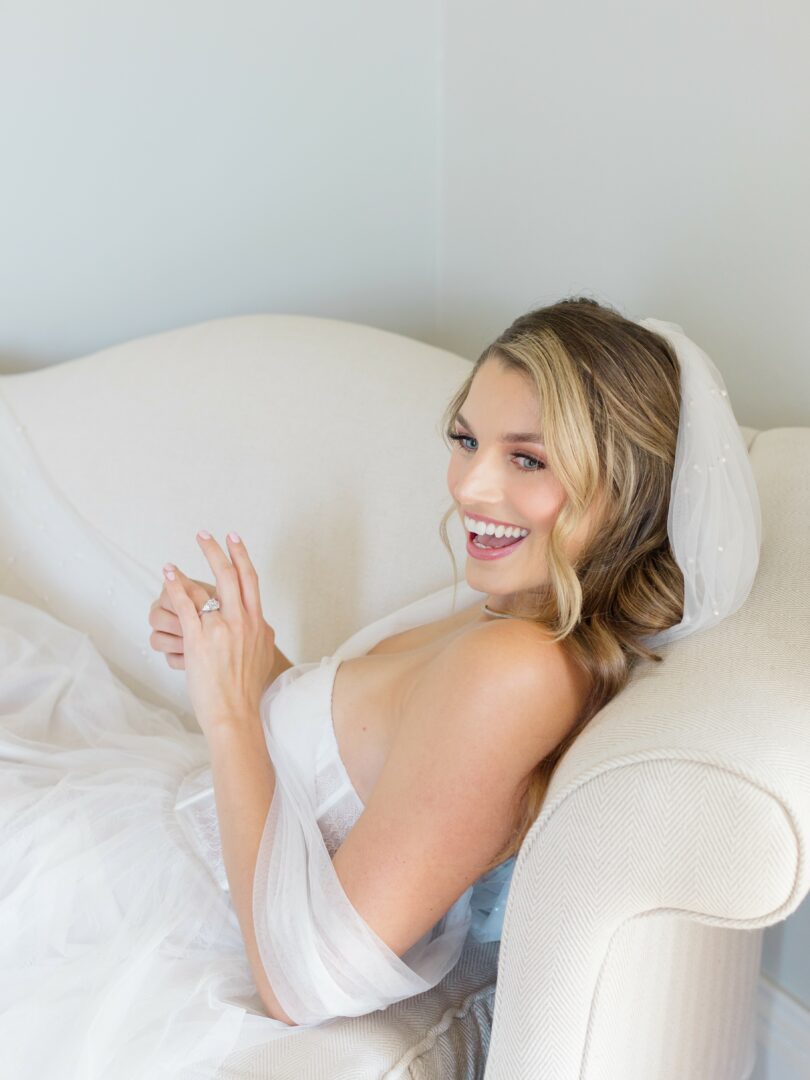
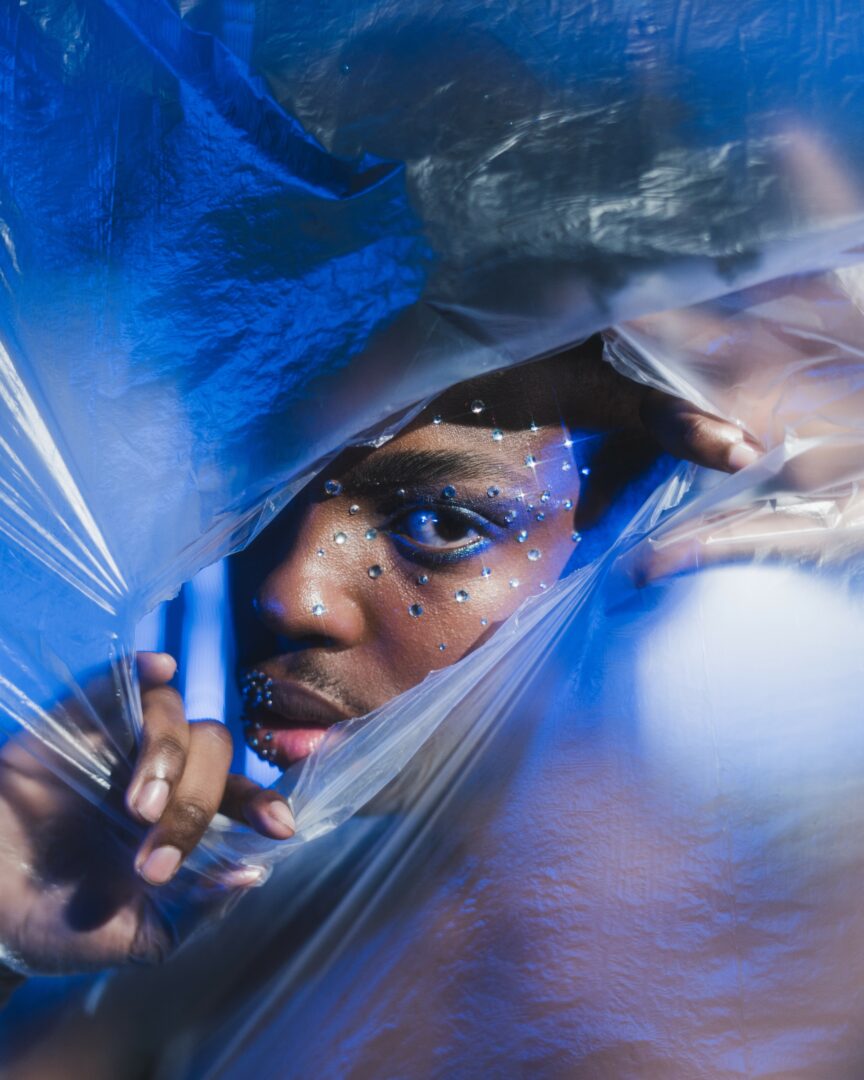
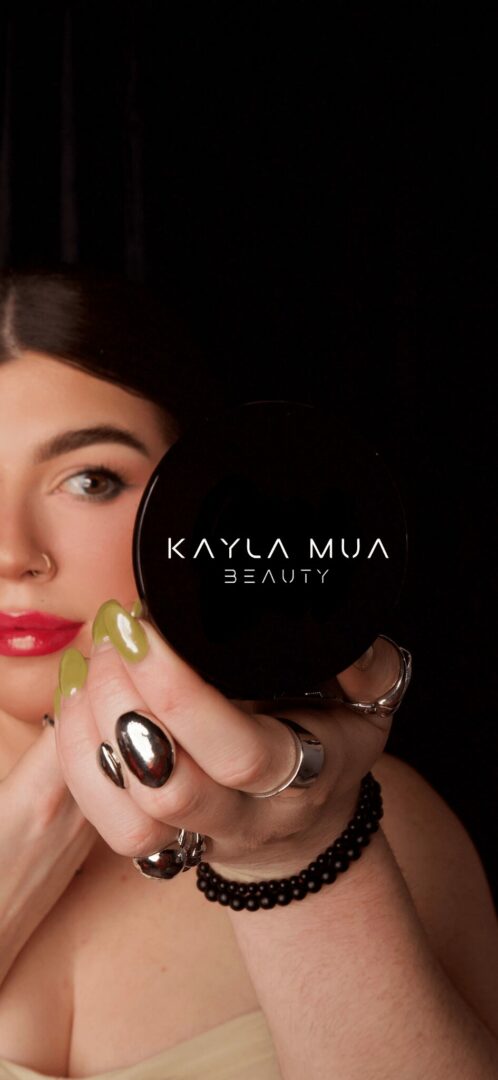
so if you or someone you know deserves recognition please let us know here.

